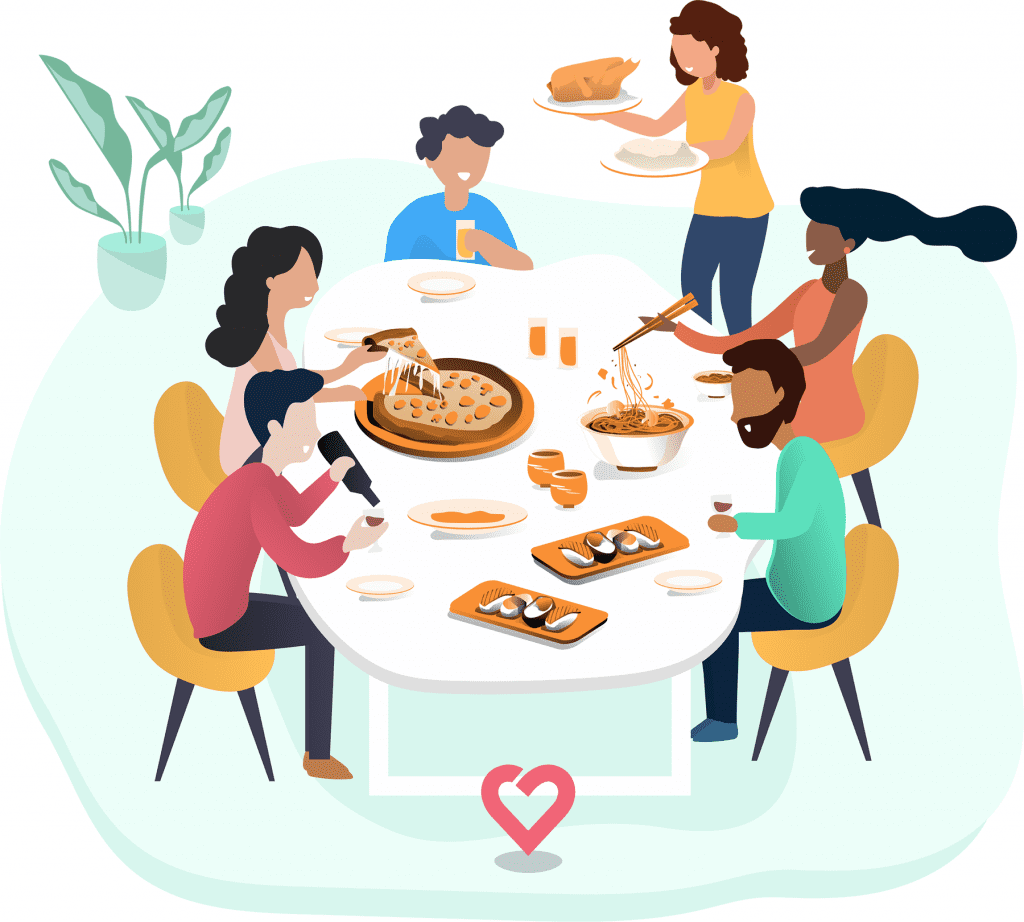The challenges of culture-building within communities
Culture can make a community member decide whether to stay or leave. It can help them achieve their vision or hold them back constantly. It also affects the way members see themselves within the community.
Yet for all its influence and importance, many of us are hardly aware of how we practice, form, and spread our culture.
Students of culture like to ask: “Do fish know they’re in the water?” The idea is that we are so immersed in our culture, we are barely conscious of how it influences our every word and action.
Some people don’t like this metaphor—but they don’t necessarily disagree with its point. Try to recall how many times you’ve asked a question and the answer was a blank stare and the feeble explanation: “Because we’ve always done it that way”?
As a community developer or active member, we’re betting that’s not the type of statement you’d want to make when talking about culture. You’d rather have an answer with more self-awareness, just like fish becoming “aware of the water in which it swims”.
We hope this piece will help you think critically about culture within communities and inspire you to shape your community’s culture for the better.
Why we need to talk about culture in communities
We gathered developers from various types of communities in Singapore and asked them to talk about culture within their communities.
These developers agreed that culture is the most important aspect of why people enter and participate in a community. That means culture can make people decide to quit a community as well.
Consider, for example, how many employees leave companies because of “toxic cultures”. A majority (95%) of human resource leaders say burnout causes employees to quit.
Or try to remember the last time you thought of moving to a different neighbourhood. Aside from the price of rent, you probably evaluated people’s lifestyles and the area’s physical attributes, and how these fit into your personality and aspirations.
Finally, think about how you ended up becoming a developer or active member in a certain community. You may have joined for different reasons, but what motivates you to stay? Do you feel that you belong?
If so, you have culture to thank for that.
1. Defining culture in the context of communities


2. Cultural tensions in communities
3. Can you really change a community’s culture?

Culture is complex, but trust can be the glue that reinforces it
As it affects all aspects of our lives, culture is a very complex web to trace. And parts of it can change slightly everyday, whether it’s caused by external forces (see: The Rona) or by internal events and relationships.
It’s impossible to keep a culture “under control”—and you shouldn’t even try. While you can reinforce your community’s culture through stories, experiences, physical symbols, and shared values and goals, you need to embrace its complexity and dynamism. As one Singaporean developer pointed out: “Magic is in the mess.”
Instead, allow trust between people in the community to uphold and preserve the best parts of your culture, and to transform it when the need arises. By focusing on building trust, you can take a step back and see the community growing and gaining strength on its own.
If you’re interested in learning more about how to understand and measure success in your community, read on to our next chapter: Defining Success within Communities.




















